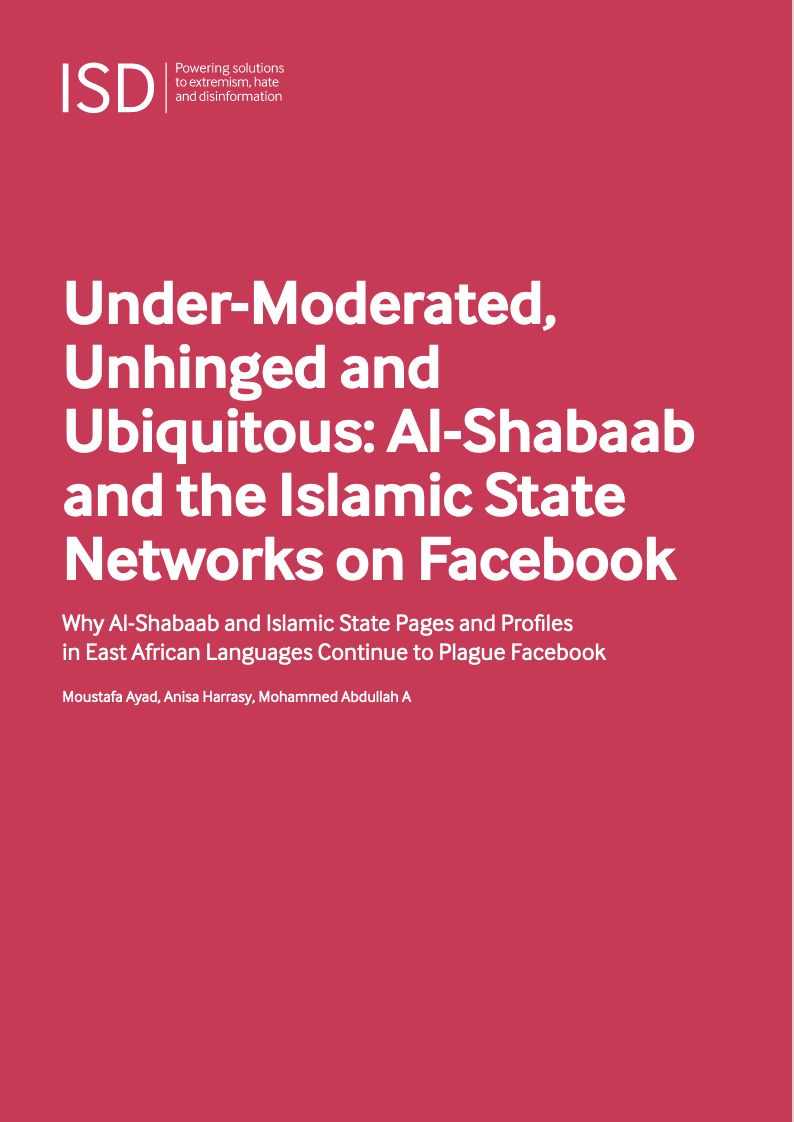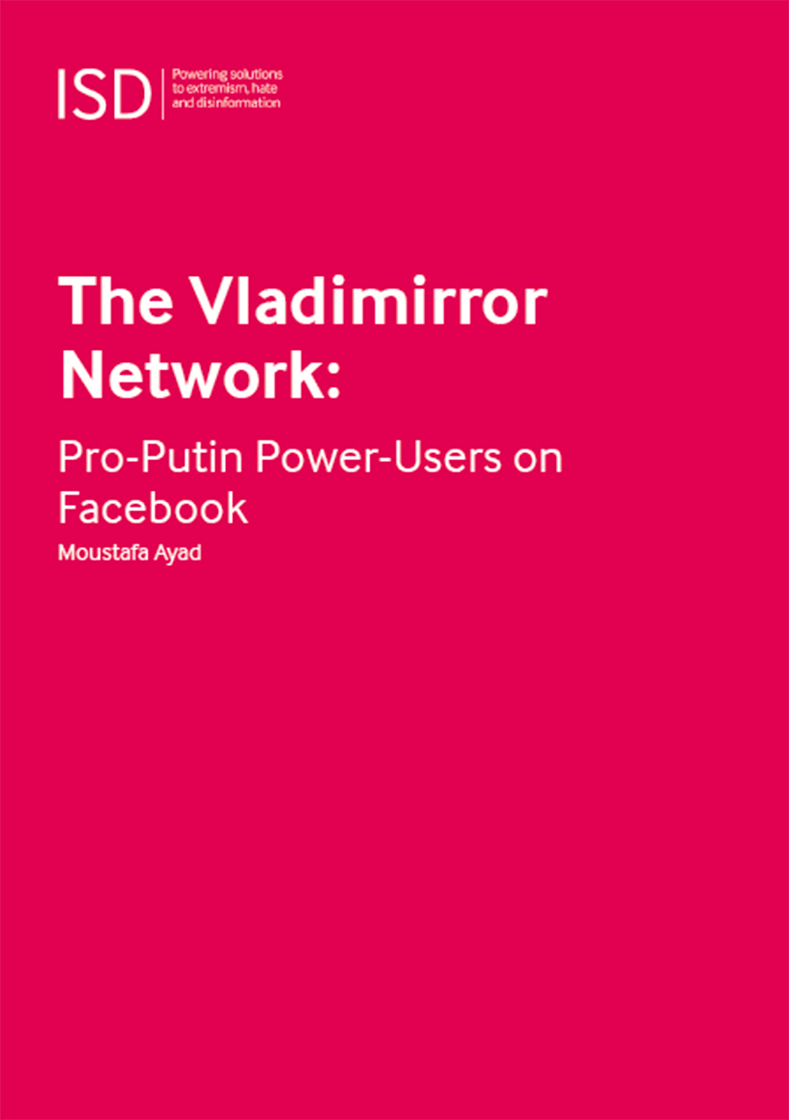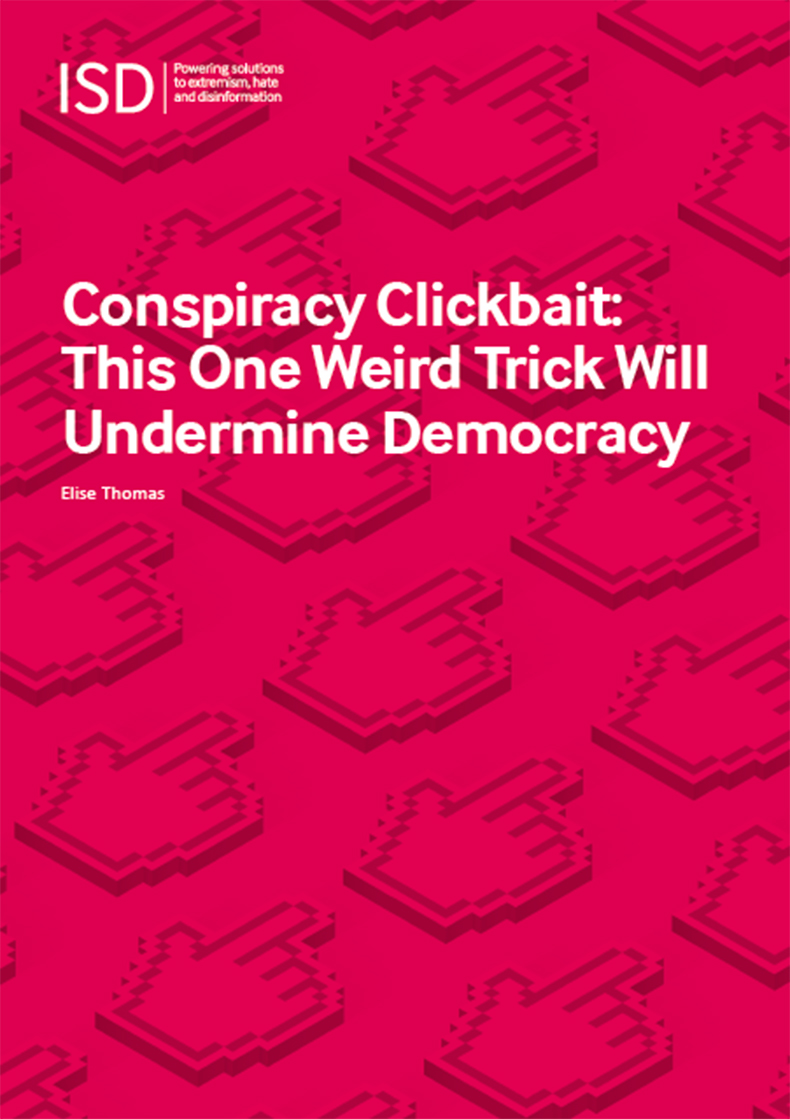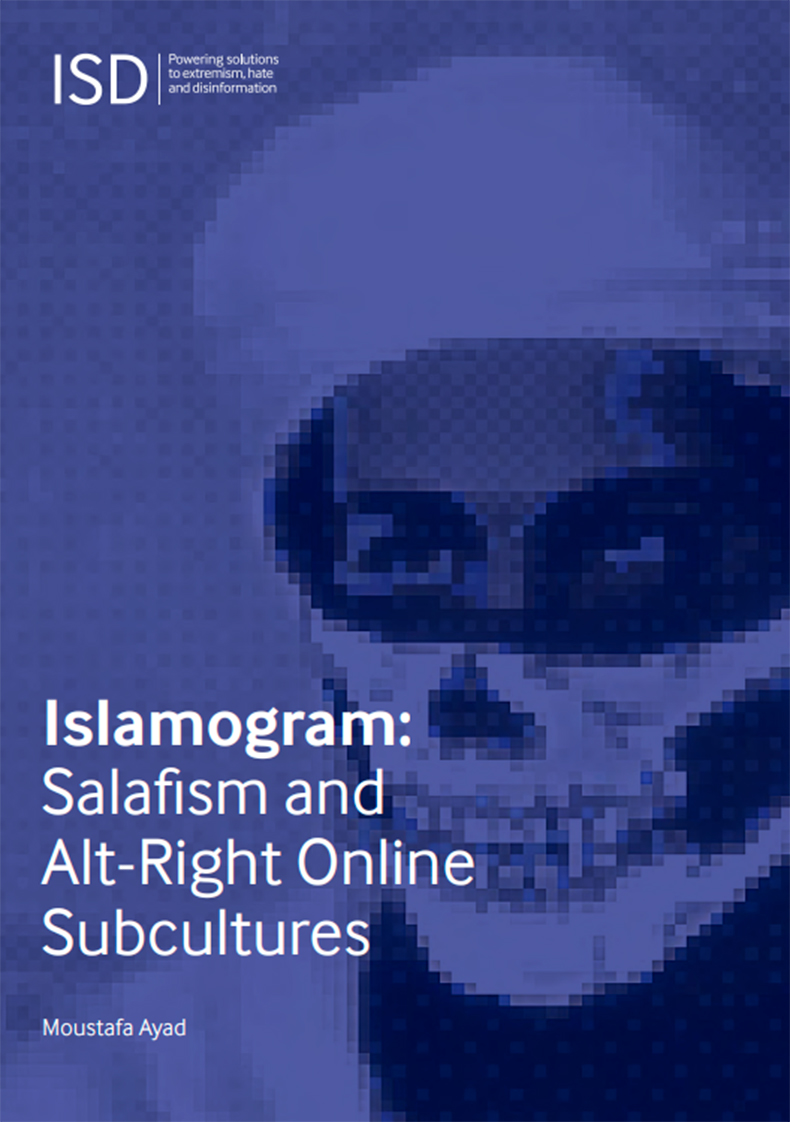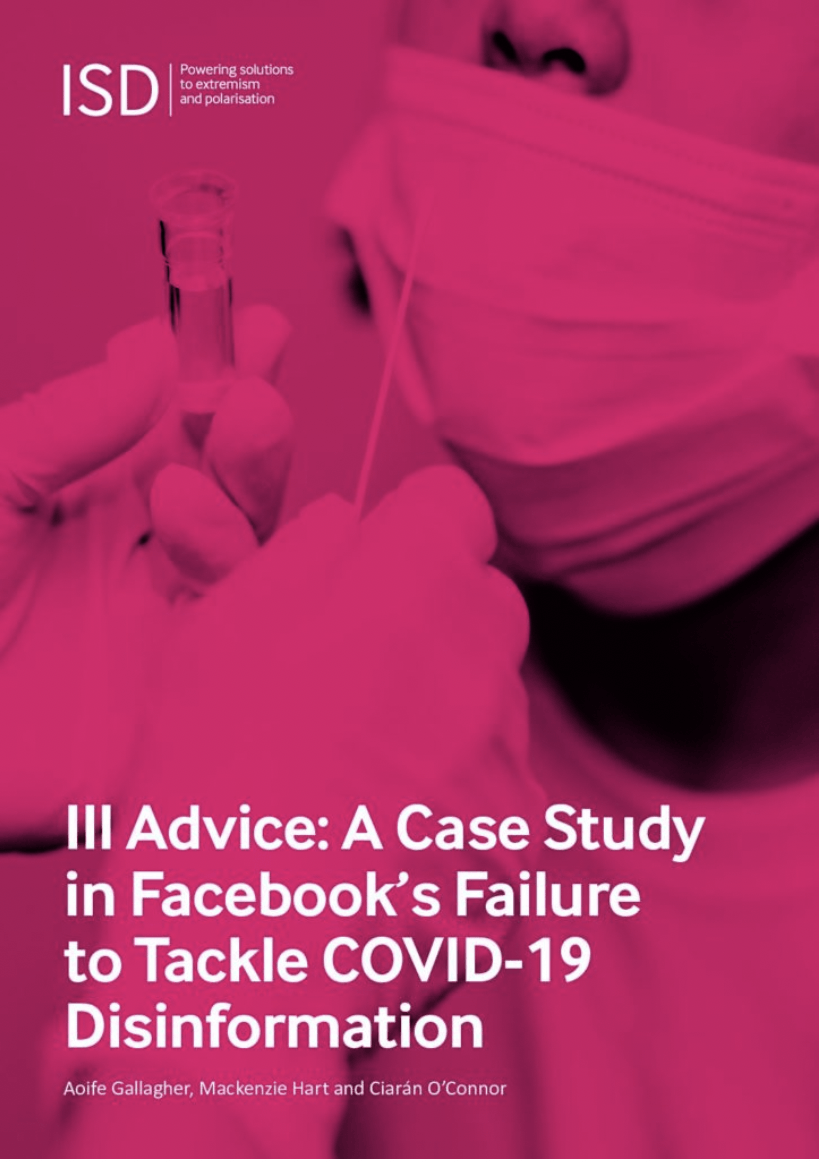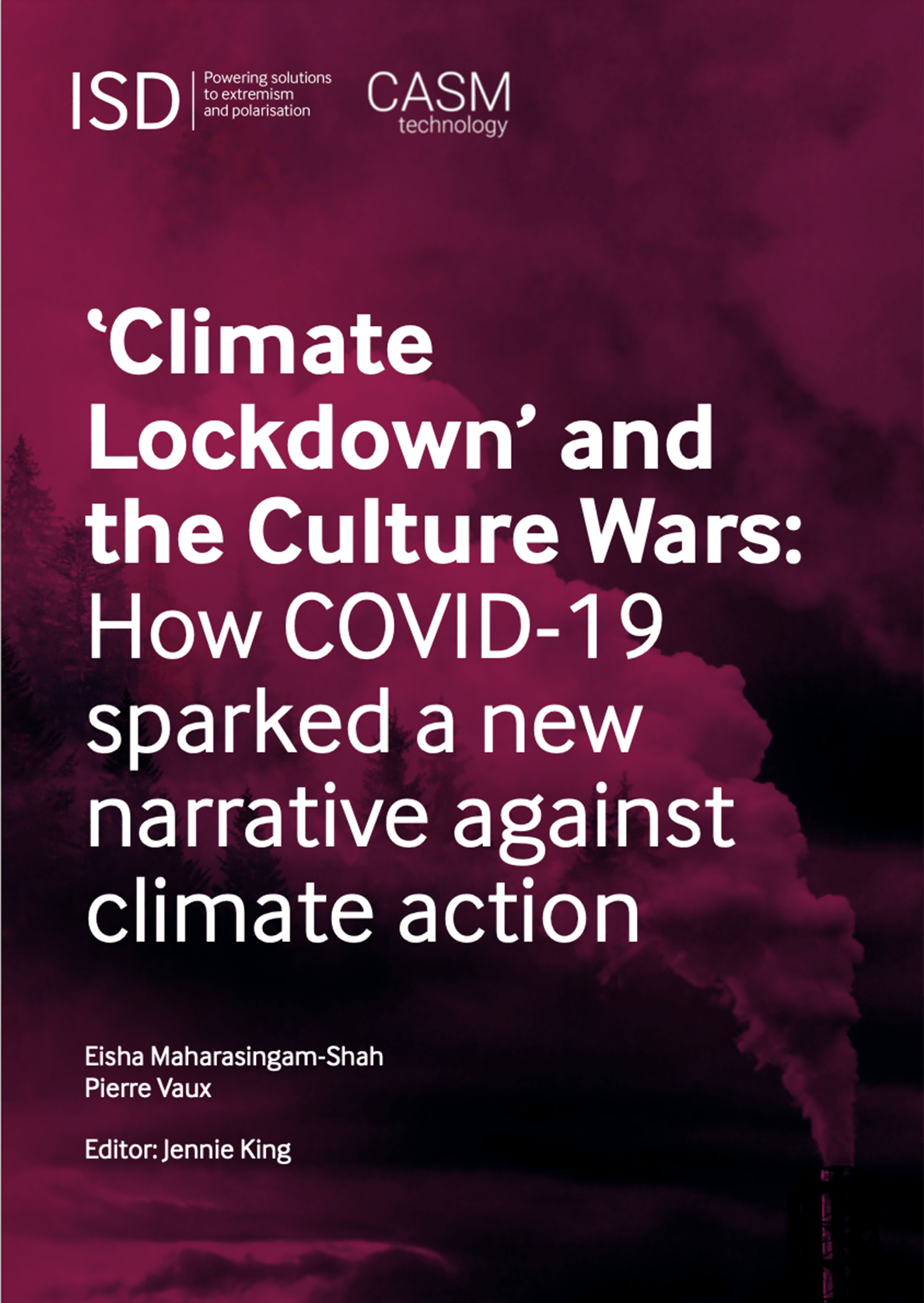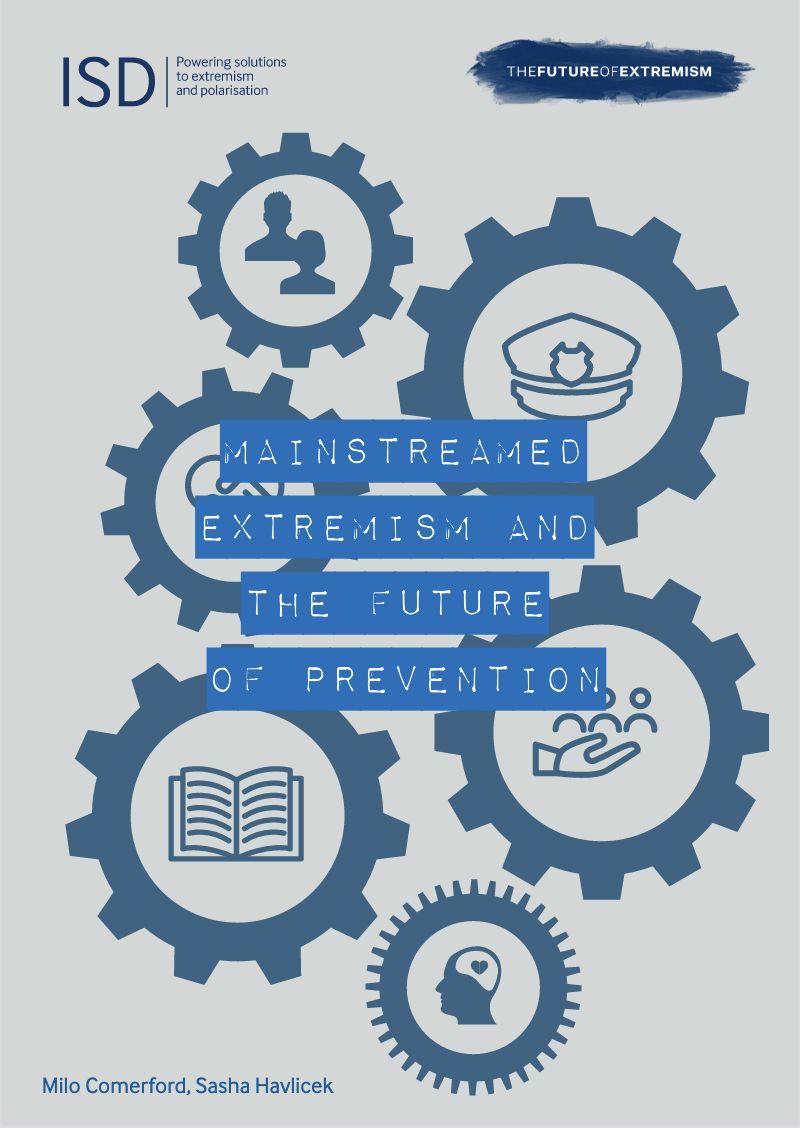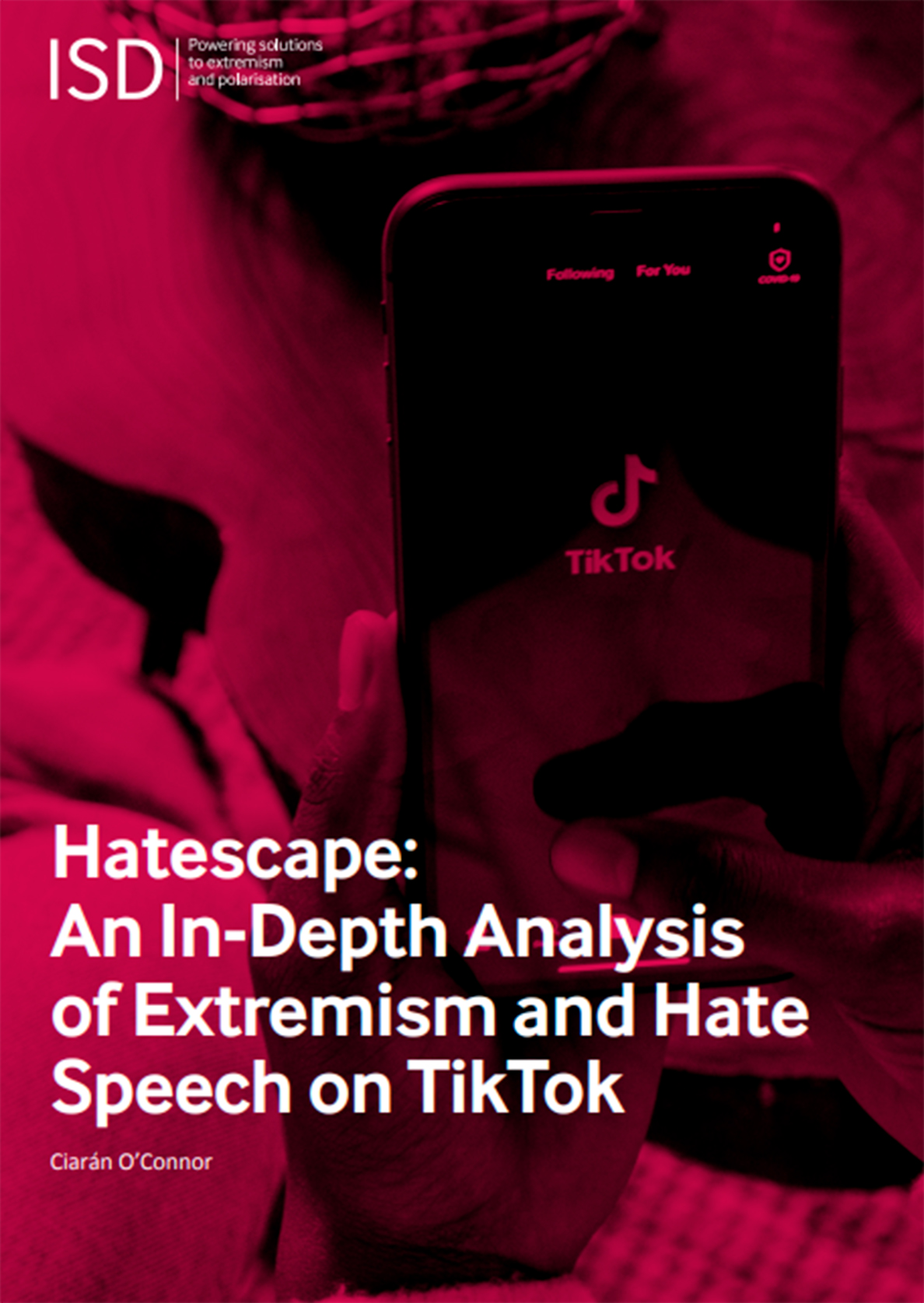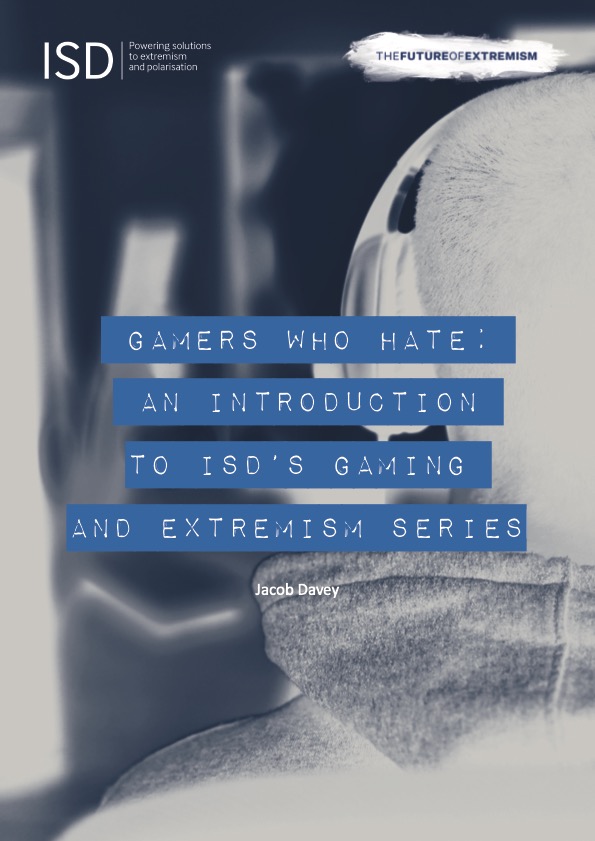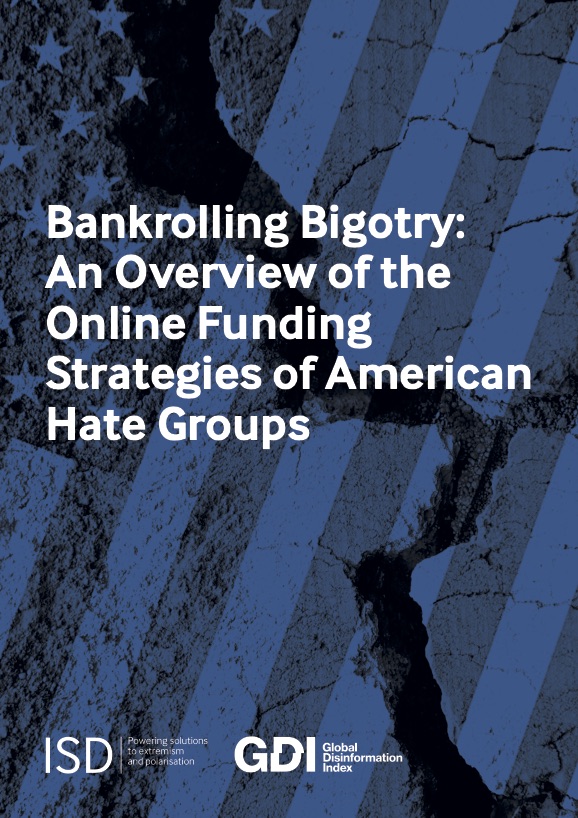Layers of Lies: A First Look at Irish Far-Right Activity on Telegram
This report aims to provide a first look into Irish far-right activity on the messaging app, Telegram, where the movement is operating both as identifiable groups and influencers, and anonymously-run channels and groups. This report was produced in conjunction with TheJournal.ie and its investigative platform Noteworthy.ie as part of their Eyes Right series.

